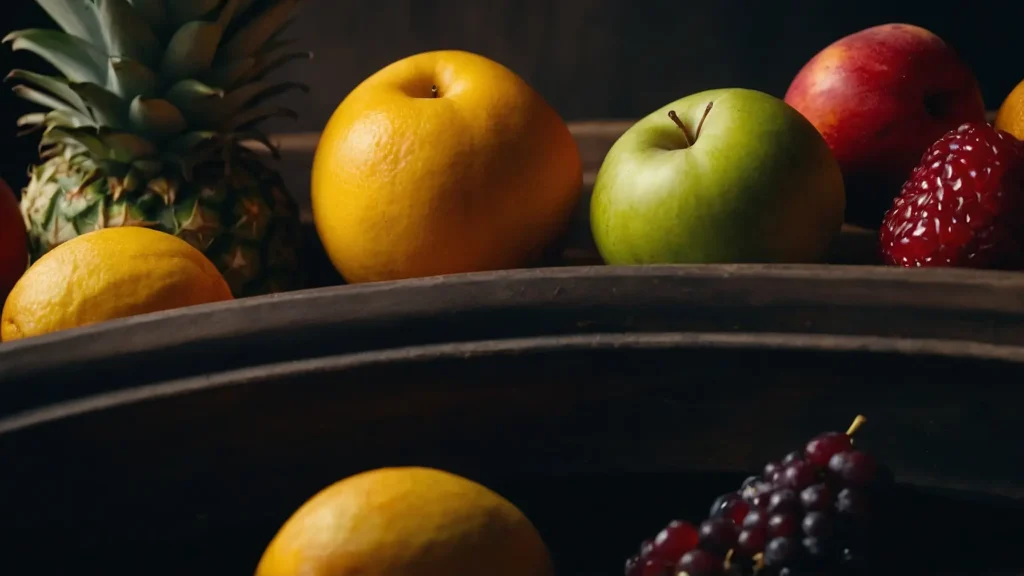What fruits can dogs eat?

Hello fellow dog lovers! As someone who’s spent countless hours researching the best ways to keep my pooch happy and healthy, I’ve stumbled upon a question that seems to be on every dog owner’s mind: “What fruits can dogs eat?” It’s a query that’s as common as it is important, considering our furry companions deserve a diet that’s both nutritious and delicious. So, let’s dive into the world of fruits for dogs, unpacking the goodies they can enjoy, the no-goes, and how to make fruits a fun part of your dog’s diet.
The Sweet Benefits of Fruits in a Dog’s World
Fruits aren’t just treats that get your dog wagging with joy; they’re also little bundles of vitamins, minerals, and antioxidants. These nutrients are superheroes for your dog’s health, promoting everything from a shiny coat to a well-functioning immune system. Plus, the fiber in fruits is fantastic for their digestion, and the natural sugars provide a healthy energy boost. Imagine giving your dog a treat that not only tastes great but also contributes to their overall health—fruits can do just that!

Safe Snacking: Fruits Your Dog Can Relish
Navigating the fruit aisle for your dog can be fun, but it’s crucial to know which ones are safe. Here’s a handy list for your next grocery run:
- Apples (sans seeds and core): A crunchy treat rich in vitamins A and C.
- Bananas: A potassium-packed snack, perfect in small doses.
- Blueberries: Tiny antioxidant powerhouses for your dog’s health.
- Cantaloupe: Sweet, hydrating, and full of nutrients, minus the seeds.
- Cranberries: Great for urinary health, but moderation is key.
- Mango: A tropical delight, once you ditch the skin and pit.
- Oranges: For a citrusy zest, offer a few segments minus the peel.
- Peaches: A summery treat, pit-free, of course.
- Pears: Fiber-rich and tasty, with no seeds, please.
- Watermelon: The ultimate hydrating snack, without rinds and seeds.
Forbidden Fruits: The Don’t-Feed List
Just as there are fruits that dogs can safely enjoy, there are also those that should never cross their lips:
- Grapes and Raisins: A big no due to their link to kidney failure.
- Cherries: The pits are toxic, and the fruit can be too much hassle.
- Avocado: Contains persin, which is a no-go for dogs.
- Citrus Fruits (in large amounts): Small bits might be okay, but the acid can upset their stomachs.
- Tomatoes: The green parts are toxic, so it’s best to steer clear.
Fruitful Introductions: Adding Fruits to Your Dog’s Diet
Introducing fruits into your dog’s diet should be a slow and steady process. Start with tiny amounts to see how they react, both taste-wise and digestion-wise. And, always prep the fruits properly—remove any seeds, pits, and skins to prevent any health hazards.
A Vet’s Approval: The Go-Ahead for Fruity Treats
“Can my dog eat this fruit?” If you ever find yourself pondering this question, your vet is the best person to ask. They can offer advice tailored to your dog’s specific dietary needs and health considerations.
Wrapping It Up: Fruits as Part of a Balanced Diet
Including fruits in your dog’s diet can add a splash of variety and a boost of nutrition. However, it’s essential to balance these treats with their regular meals and keep the fruity snacks to a moderate level.
Final Thoughts: Fruity Delights for Your Canine Companion
As we conclude this fruity exploration, remember that asking “What fruits can dogs eat?” shows how much you care about your furry friend’s health and happiness. By choosing the right fruits, preparing them safely, and consulting with your vet, you can enjoy the sweet sight of your dog relishing a healthy, delicious treat. Here’s to many more joyful snacking moments with your pup!










